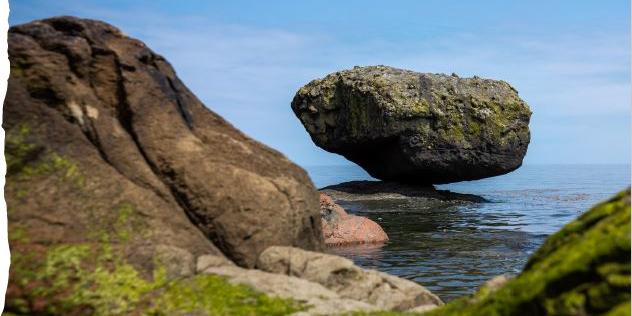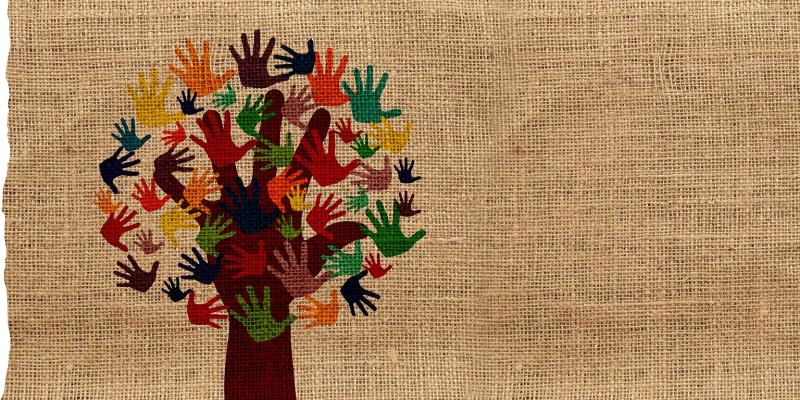
Strategic review: environmental science and mental health
New review of evidence linking the environment and mental health Find out more +
New Demystifying Tipping Points report out now
Read our new Demystifying Tipping Points report here Find out more +
Demystifying interdisciplinary working paper out now
Access here full report and presentation by Prof Nicola Beaumont Find out more +
VNPCT report
The final report from the Valuing Nature Programme Coordination Team has been published! Find out more +




